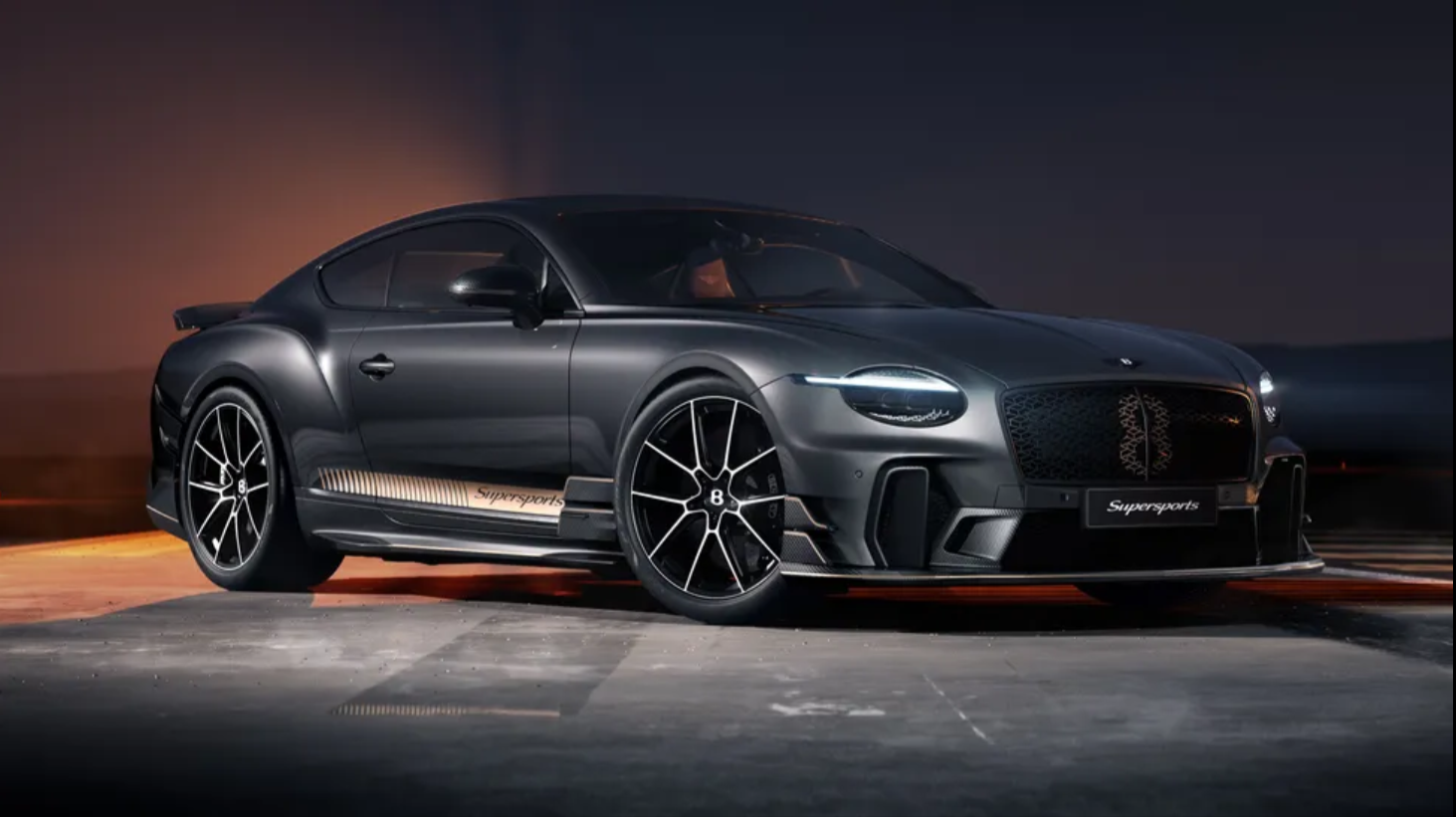Remember the Piëch GT concept from the 2019 Geneva Motor Show? No? Well, it's back and better than ever. The start-up has refined the original design, led by David Seesing from Forge Design in London, the man behind the TVR Griffith. The new Piëch GT is a striking 2+2 seater, weighing 1800kg, and measuring 4780mm in length, 2000mm in width, and 1350mm in height with a 2780mm wheelbase. Its carbon fibre core houses 16 battery modules, each with 312 cylindrical cells, totaling 90kWh, powering two electric motors for a combined output of over 1000HP and 1100Nm of torque.
Despite the first running prototype being a year away, Piëch is already showcasing impressive performance figures: a top speed of 301km/h, 0-100km/h in 2.6 seconds, and a WLTP range of 502 kilometers. While these specs rival the new Porsche Taycan Turbo, Piëch aims to stand out with exclusivity, bespoke craftsmanship, and an emotional driving experience.
The design blends British elegance – think Aston or Jaguar – with classic GT proportions, robust German solidity, and premium features like thin cutlines, jewel-like lights, and 22-inch wheels. Inside, extensive customization options ensure no two cars are alike, with personalization extending to software, allowing drivers to create their own soundtrack and dynamic DNA.
Underneath, the Piëch GT features straightforward engineering with steel-sprung multilink suspension, optional carbon-fibre brake rotors, and variable-rate steering. The standout is the Piëch Dual2 Drive system, assigning an independent motor to each rear wheel, connected via a two-speed gearbox, each with its own torque vectoring and traction control, managed by the Piëch Torque Controller and POSA (Performance Oriented Software Architecture). The gear ratios are 1:9 for first and 1:5 for second.
Ralph Illenberger, formerly of Mercedes-AMG and Aston Martin, explains, ‘The Dual2 Drive system translates the classic sports car feel into the EV realm. The e-motor’s instant torque at low rpm is balanced by the second gear’s power focus, mimicking the high-speed boost of traditional sports cars.’ The power delivery is designed to be punchy and progressive, reminiscent of a V8.
Another key innovation is the battery and cooling system, ensuring thermal stability even on track or with a 500kW fast charger. Using industry-standard 21700 cells from top suppliers, the complete power pack costs between €16,000 and €20,000 – less than a tenth of the vehicle’s price. The focus is on energy density, heat resistance, degradation, and safety, with a multi-redundant sealed total immersion layout for maximum stability.
The modular architecture combines a carbon fibre monocoque with an aluminium front subassembly and a steel rear axle module. Future body styles are limitless, with options like a crossover, SUV, extended-wheelbase saloon, and high-performance coupé on the table. Moers rules out a four-door coupé but plans to appoint high-end luxury dealers, initially focusing on the Middle East and Europe, followed by North America and the Far East.
Partnering with Multimatic, Piëch aims to build an initial batch of 2000 cars in 2028 and 2029, increasing to 4500-5000 units with a second model, and reaching 7000-8000 units annually by 2033. Toni Piëch expects profitability by 2029. With 70 investors and 30 employees, Piëch plans to raise around €100 million in the second financing round, with significant Middle East funding.
‘The magic is in the brand,’ claims Toni Piëch. ‘The brand relies on the product, which is 80 percent Tobias. My role is to keep the enterprise together by convincing our backers we’re here to stay.’ Partnering with Bosch Engineering Group (BEG), Piëch integrates top-notch hardware and software, ensuring the Piëch GT is a blend of driving pleasure and cutting-edge technology. ‘The mix makes the difference, and as a team, we’re confident this special mix is spot-on.’












.jpg)


.jpeg)

.jpeg)
.jpeg)

